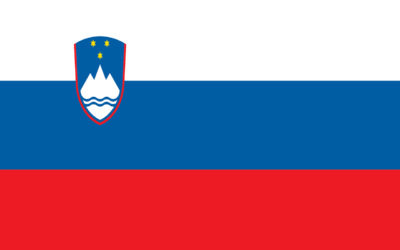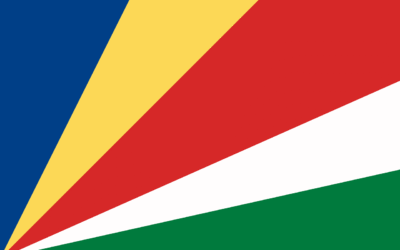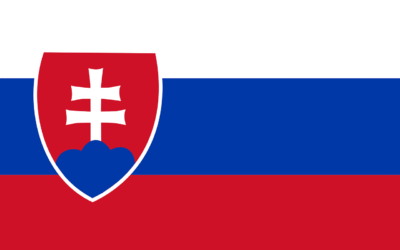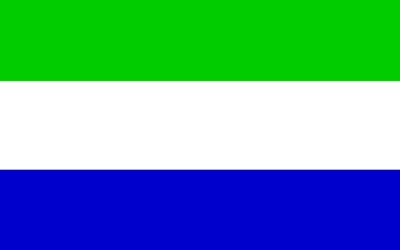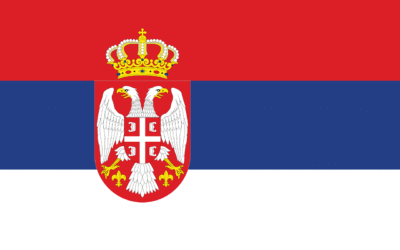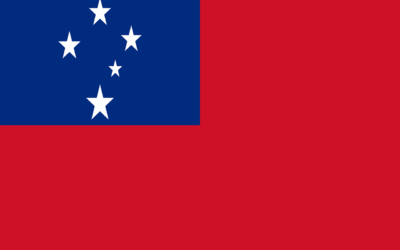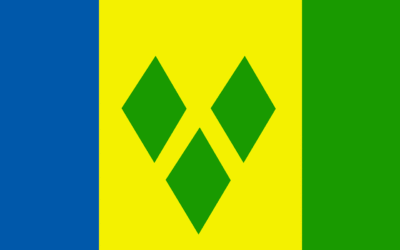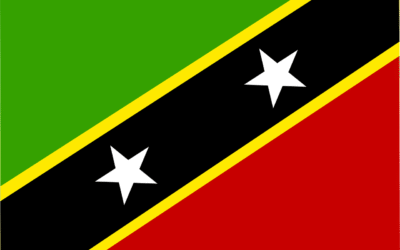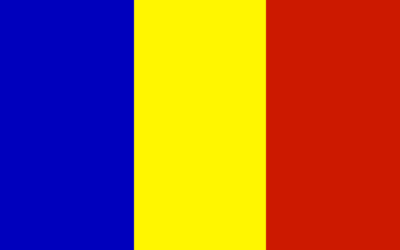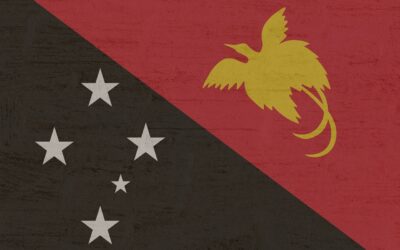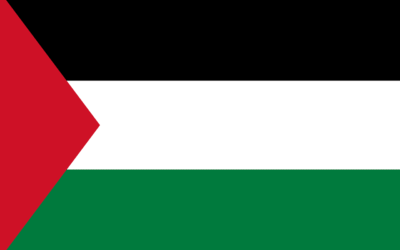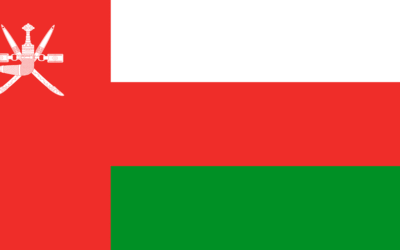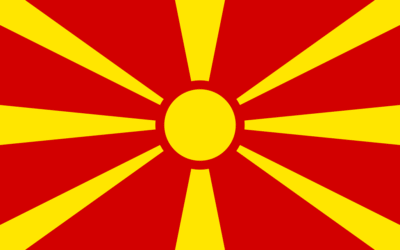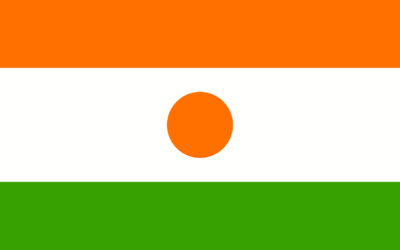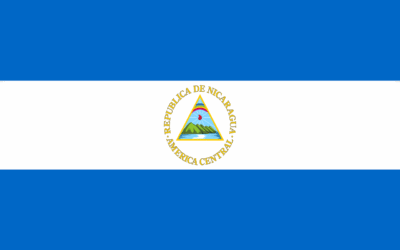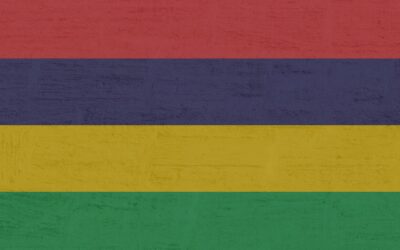Professional designers and digital marketers increasingly rely on Canva for creating compelling visual content, yet many face restrictions that limit their creative potential. Whether managing multiple accounts, accessing region-specific features, or circumventing usage limitations, the right proxy solution becomes essential for seamless design workflows. Residential and mobile proxies offer distinct advantages for Canva users, from enhanced anonymity to reliable access across different locations. Understanding which proxy services best complement Canva's platform can greatly impact productivity and expand creative possibilities.
Why Use Proxies for Canva
Anyone who uses Canva extensively for design work may encounter various limitations and restrictions, particularly when accessing the platform's features.
These limitations can affect the overall design experience and may require users to find workarounds or alternative solutions to achieve their desired results.
Top Residential Proxy Providers
When selecting residential proxies for Canva, several providers stand out for their reliability and performance.
Top options include:
- Bright Data: Offers 72M+ residential IPs with global coverage
- IPRoyal: Provides ethically sourced proxies with 99.9% uptime
- Oxylabs: Features 100M+ residential proxies with advanced rotation
- SmartProxy: Delivers 40M+ residential IPs with competitive pricing
Mobile Proxy Solutions
Mobile proxies offer a distinct advantage for Canva users by routing traffic through actual cellular devices and networks.
These proxies provide rotating IP addresses from real mobile carriers, making them highly effective for accessing Canva.
Key benefits include:
- Lower detection rates
- Automatic IP rotation
- Access to location-specific content
- High success rates for multiple accounts
Security Features to Consider
Selecting proxies for Canva requires careful consideration of essential security features to protect your data and maintain account integrity.
Key security features include:
- HTTPS/SSL encryption protocols
- IP leak protection
- Automatic kill switch functionality
- DNS leak prevention
- Two-factor authentication support
- Regular security audits
- Dedicated IP rotation settings
- Advanced authentication methods
Setting Up Your Canva Proxy
After choosing your preferred proxy service, setting up a proxy
Common Proxy Configuration Issues
While proxy setup for Canva is generally straightforward, users may encounter several configuration roadblocks that can disrupt their workflow. Common issues include authentication failures, connection timeouts, and IP blocking.
| Issue | Cause | Solution |
|---|---|---|
| Authentication Error | Invalid credentials | Verify proxy username/password |
| Connection Timeout | Slow proxy speed | Switch to faster proxy server |
| IP Block | Suspicious activity | Rotate IPs more frequently |
| DNS Leak | Incorrect settings | Enable DNS protection |
| Protocol Mismatch | Wrong proxy type | Match protocol requirements |
Maximizing Proxy Performance With Canva
Ideal proxy performance with Canva requires careful attention to several key technical factors.
To maximize proxy speeds and reliability:
- Set connection timeout limits to 30 seconds
- Enable HTTP/2 protocol support
- Use DNS prefetching
- Configure proxy rotation intervals to 5-10 minutes
- Maintain maximum concurrent connections at 10-15 per IP
- Select servers geographically close to Canva's data centers
Additional Insights and Data
Residential and mobile proxies offer essential solutions for optimizing Canva usage through enhanced security, location flexibility, and account management capabilities. Premium providers like Bright Data and Oxylabs deliver reliable performance with extensive IP networks. Proper proxy configuration, combined with robust security features, guarantees seamless access to Canva's design platform. Understanding proxy setup requirements and implementing best practices maximizes design workflow efficiency while maintaining account safety and accessibility.
